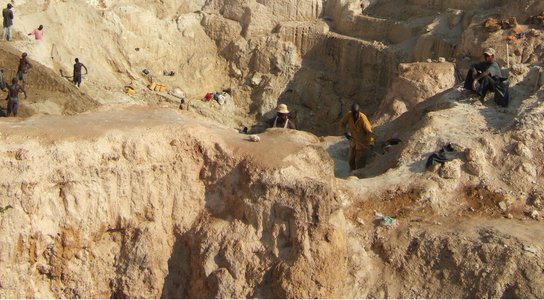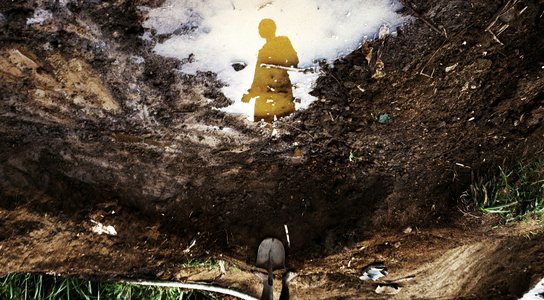Ground-breaking Chinese Guidelines for overseas mining and mineral trading firms, launched in October 2014, promise benefits for both companies and local people. They comprise standards on labour, environmental protection, supply chain due diligence, community engagement and human rights.
Global Witness is marking the Guidelines’ launch with the publication of a new briefing paper, Tackling conflict minerals – How a new Chinese initiative can address Chinese companies’ risks. It highlights a particular component of the Guidelines – the need for Chinese companies to carry out rigorous supply chain checks, known as due diligence. These checks help companies avoid funding brutal armed groups when sourcing minerals from conflict-affected and high-risk locations.
The report uses first hand Global Witness research from the Democratic Republic of Congo in central Africa to illustrate the reputational and legal risks facing Chinese and other companies when buying minerals originating from overseas. It also documents the national, international and industry schemes that may impact on these companies’ operations.
Global Witness is calling on mining companies and mineral trading companies to implement the new standards in order to ensure they can no longer be linked to harm against civilians in some of the most unstable and vulnerable places on earth.
Photo Gallery
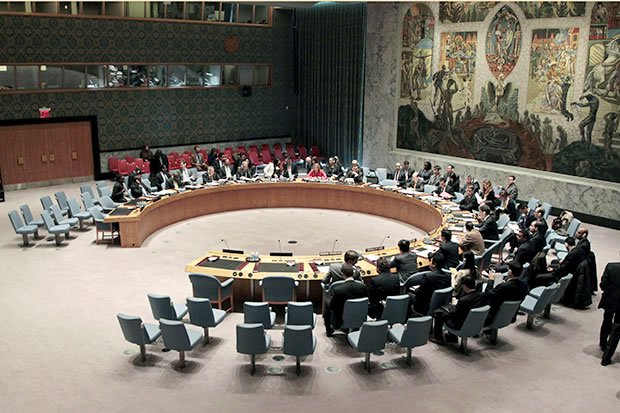
The incorporation of a supply chain due diligence framework into the Chinese Guidelines for mining and minerals trading companies reflects an emerging international standard, established by the Organisation for Economic Co-operation and Development and the UN Security Council, pictured here meeting to discuss the Democratic Republic of the Congo, November 2013.
© UN Photo/Paulo Filgueiras
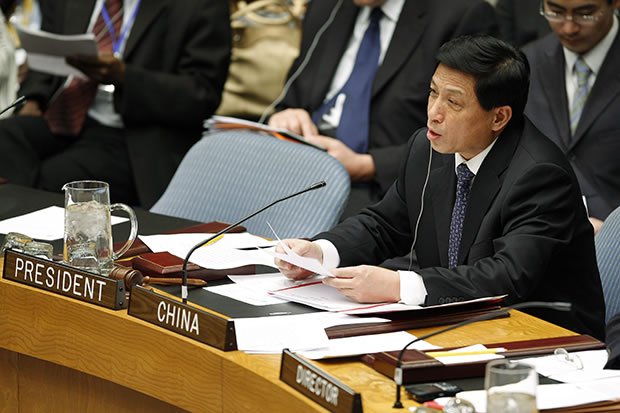
As one of the five permanent members of the UN Security Council and home to companies investing and trading in conflict-affected countries, China has participated in several international initiatives to tackle conflict resources. Here China’s Permanent Representative to the UN and then President of the Security Council chairs a meeting on the violence in eastern DRC, October 2008.
© UN Photo/Eskinder Debebe
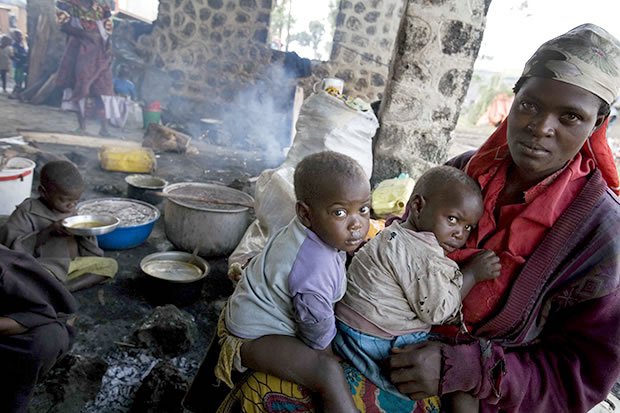
Recent efforts to break the links between international supply chains and violence in countries that produce natural resources have focused primarily on Democratic Republic of the Congo in Central Africa, where the trade in tin, tantalum, tungsten and gold has fuelled conflict in the eastern provinces for almost a decade and a half, resulting in millions of premature deaths.
© Kate Holt
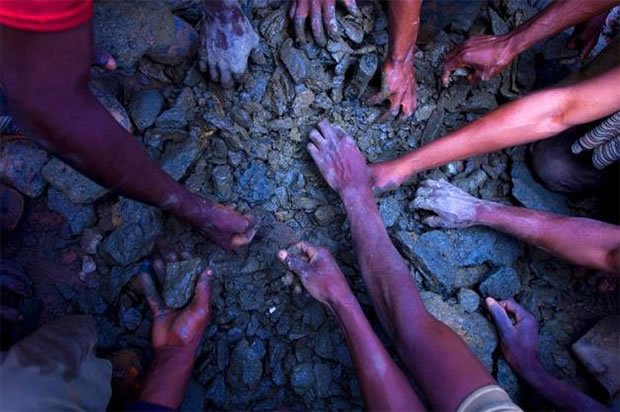
Chinese companies continue to play a significant role in the minerals trade in eastern DRC’s Kivu Provinces and remain at risk of being associated with the conflict.
© Mark Craemer
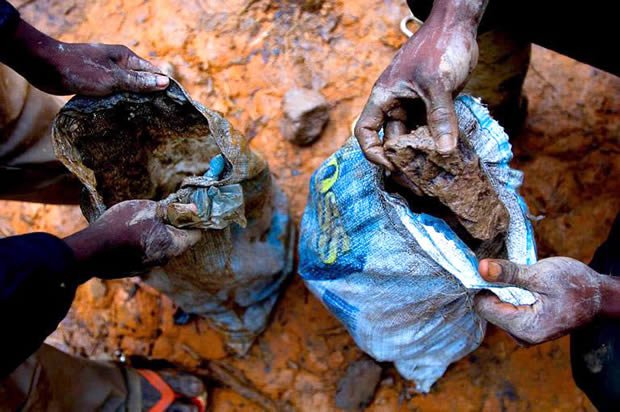
Some Chinese companies buying minerals from Central Africa, including metals smelters and processors, are members of responsible supply chain pilot implementation projects in the DRC and Rwanda. This participation is an important step forward in Chinese company engagement in efforts to end the conflict minerals trade.
© Mark Craemer
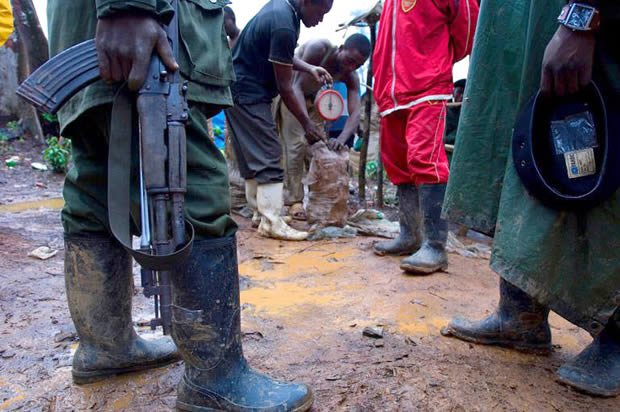
Implementation of supply chain checks, as set out in the Chinese guidelines, have the potential to benefit overseas communities as well as implementing Chinese companies. The companies can earn recognition as responsible global players and, in so doing, demonstrate they have no association with the violent groups that for too long have devastated eastern DRC and other conflict-affected areas.
© Mark Craemer
